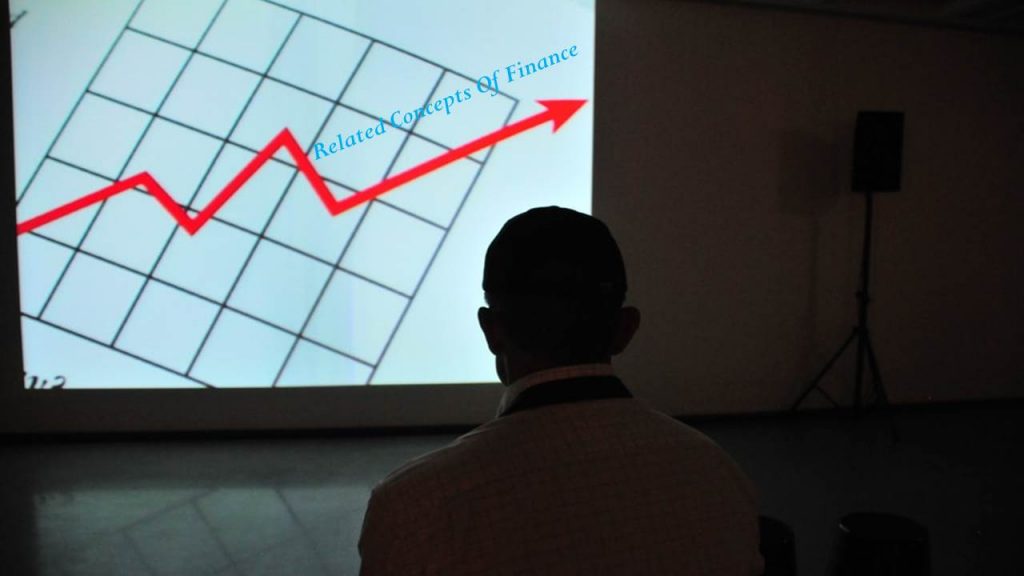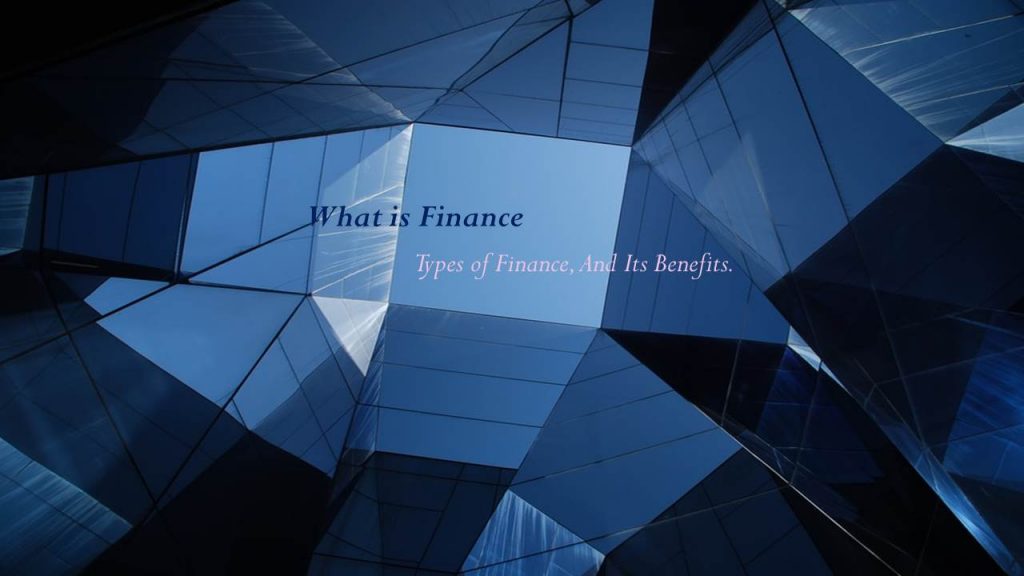Finance and refers to the responsibility that a subject assumes to respond to the burden of another person. The concept also relates to flows, assets and public finances, so here we make much easier to understand the concept of the finance as its the major need of the SMEs or large giants of the businesses and individuals.
In everyday language, the term refers to the study of the circulation of money between individuals, companies, or different states. Thus, finances appear as a branch of the economy that is dedicate to analyzing how funds obtained and manage. In other words, finance is responsible for money management.

The notion of personal finance refers, in principle, to the money a family needs for subsistence. The person must analyze how to obtain this money and how to protect it from unforeseen situations (such for example, a job dismissal). Other applications of personal finance refer to saving capacity, spending and investment. This is not an easy skill to master, so that’s why there are a lot of useful resources online, such as good financial literacy programs, that can help you with your learning. Within this branch of finance, they are dedicate to finding alternatives for the lives of the particular individuals of a society to advise them on how to invest their money in order to achieve a positive balance, where losses decrease and, through a sustainable economy, collaborate with the environment and the increase in the quality of life.
Corporate finance, meanwhile, focuses on the ways that companies have to create value through the use of financial resources. Investment, financing, benefits and dividends some of the concepts link to this area.
Related Concepts Of Finance
Finance There are several concepts whose meaning allows us to understand even more the movement of money and how finances organize.
Some of them are the ones mentioned below.
- Risk and benefit: refers to the search for an increase in profits without investing more than is advisable, that is, minimizing the investment risks. If the investor is willing to face greater uncertainty, his earnings may be higher; Value of money over time: refers to the fluctuation experienced by money over time, that is, the change it represents between the present and the future (money, when invested, acquires a future value potentially greater than that today owns). Over time, money has been a fundamental element for the economic growth of countries.
However, the increase in inflation and certain state strategies that are not very beneficial for the territory’s finances make it devalued so much over time. Therefore, money instead of charging a higher value, loses it.
- Interest rate: it the value paid for the funds request on loan, which response to the exchange that exists between the value of the current money and that which will remain in the future (speculation).
- When the interest rate raises, both consumption and investment decrease since citizens lose the ability to pay their debts; therefore, by decreasing, these elements increase when they receive a significant stimulus for being able to spend less interest.
This concept is very present in those that trace macroeconomic policies when trying to boost economic growth; however, it is hazardous because in many cases it leads to severe economic problems in the future, as it cannot bear the costs that the “citizens’ debt” has left uncovered for a certain amount of time.
Finally, we can say that public finances are related to the fiscal policy of a State. The government obtains funds through the collection of taxes, and that money is reinvested in society through public spending (with the construction of hospitals and schools, cleaning care, etc.).

